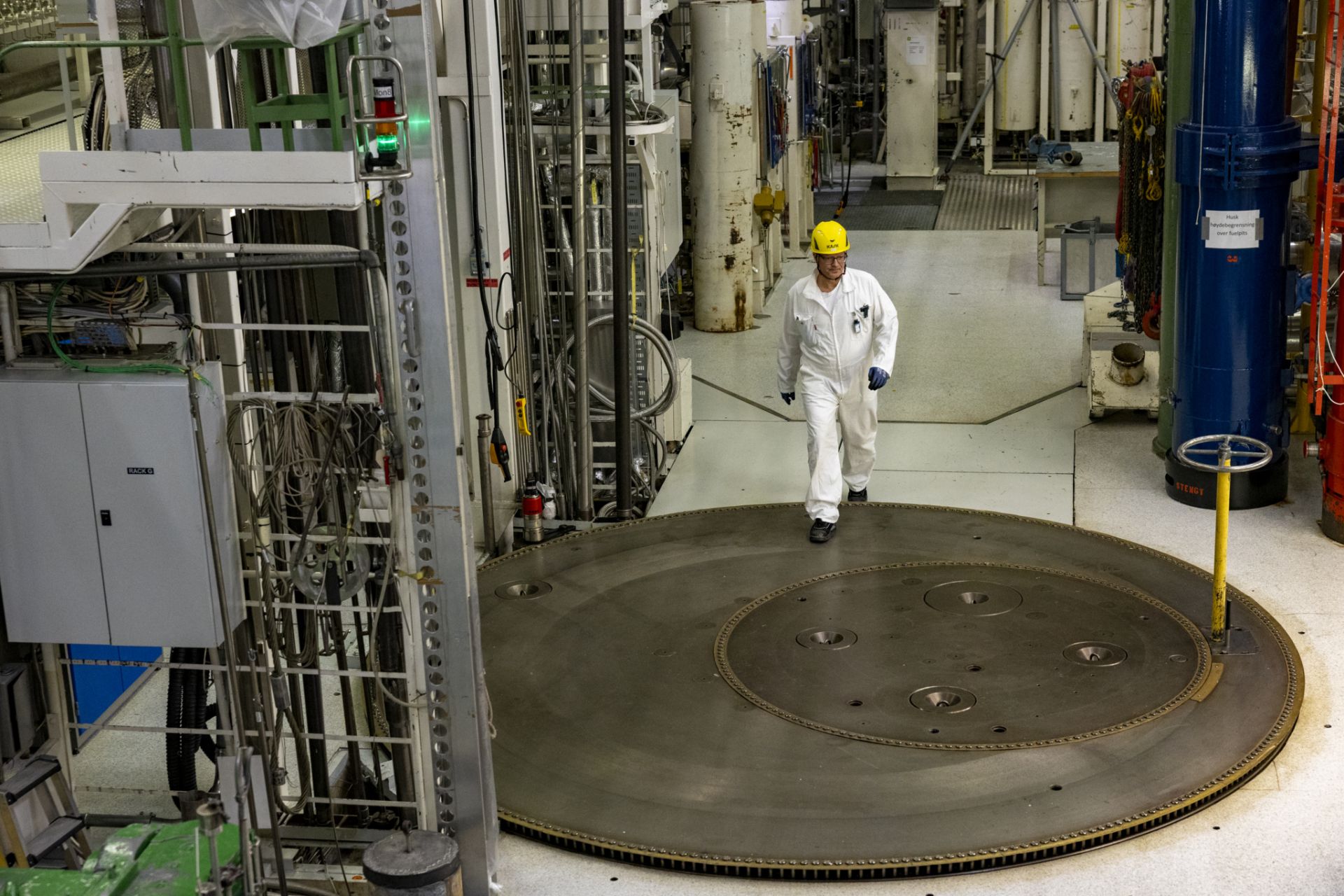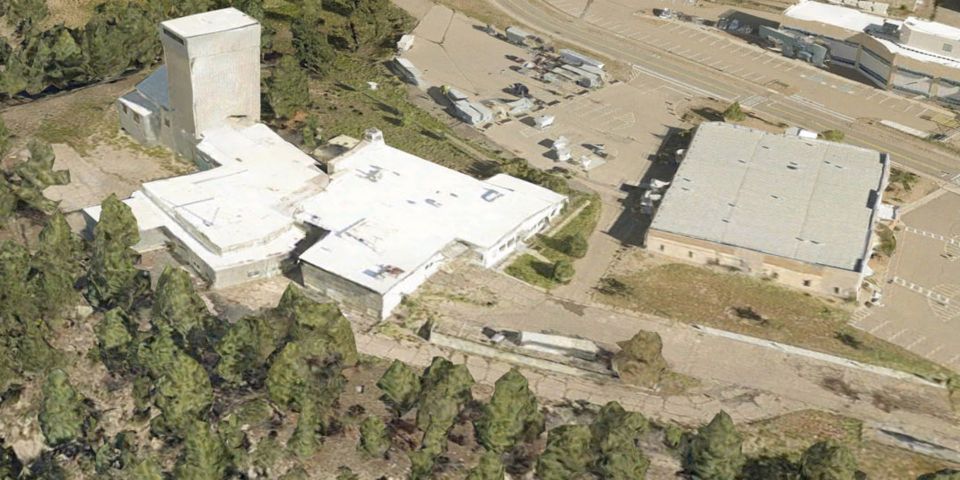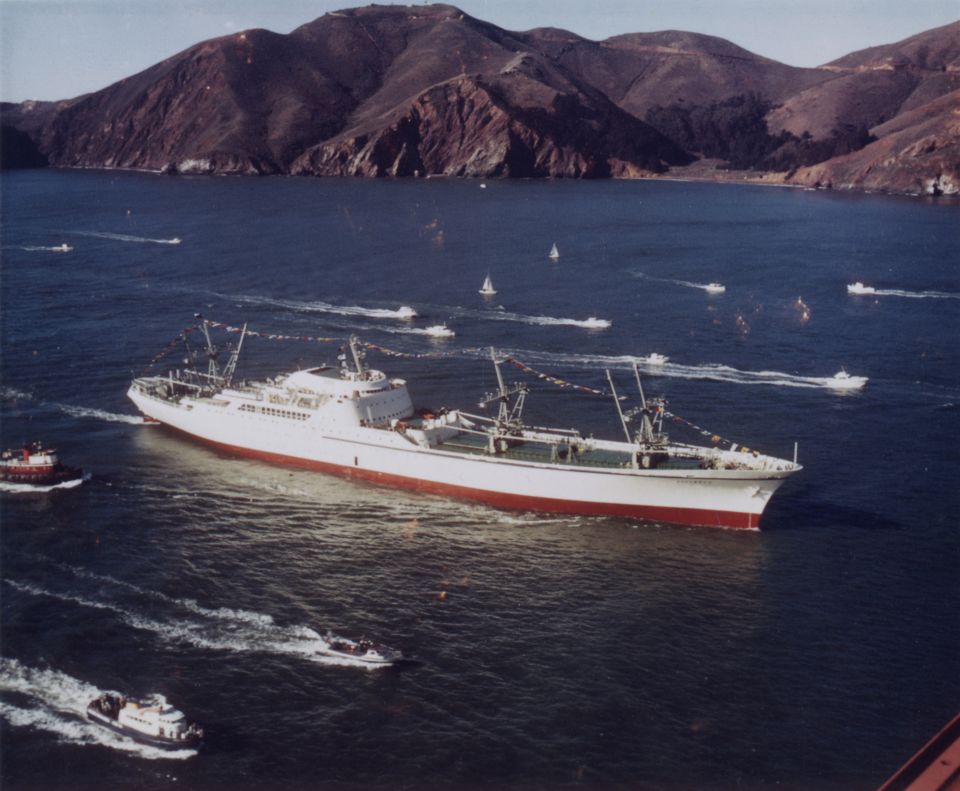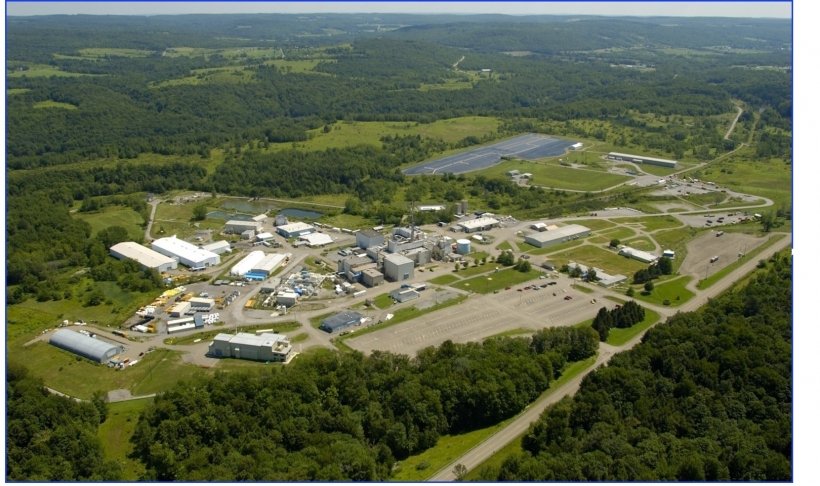Together with the reactor, 125 IFE employees in Halden will be transferred to NND through a business transfer beginning April 1. According to the IFE, the transfer of the Halden reactor marks a major milestone in the work on safe handling and cleanup after decades of nuclear research.
“The fact that NND is now taking over the Halden reactor is an important step for both IFE and NND,” said Nils Morten Huseby, IFE president. “The Halden reactor has been significant for outstanding and important international research on nuclear safety for over 60 years, but now the reactor is entering a new phase.”
Background: A boiling heavy water reactor using natural circulation, the Halden reactor was built 100 meters into a rock hillside. The reactor plant includes fuel storage pools in the reactor hall and the bunker building. In January, IFE discovered material wear in the wet storage facility, prompting the institute to close the facility as it evaluated the situation.
The Halden Project, established in 1958, was an international collaborative initiative under the auspices of the Organization for European Economic Cooperation. Through project, international scientists have conducted research on fuel and materials as well as safe operations. The research at Halden has contributed to the safety of reactors worldwide, according to the IFE.
Life after D&D: While NND will conduct decommissioning and dismantlement of the reactor, the IFE said its nuclear safety research will continue at the site.
When the Halden reactor was still operating, the research focus was roughly 60 percent on fuels and hardware and 40 percent on human factors, according to the IFE. Following the shutdown of the reactor in 2018, research into human factors continued through the Halden Human Technology Organization (HTO) Project, composed of 19 member countries.
With the IFE employees remaining at Halden following its transfer to NND, research will continue into the interaction between humans, technology, and organizations, the IFE said.
“The Halden reactor and the Halden Project have been of great importance to nuclear safety worldwide. Although the Halden reactor is now being transferred to NND, IFE will continue to have extensive research activities in Halden, with 100 employees focused on nuclear power and safety,” says Huseby.









